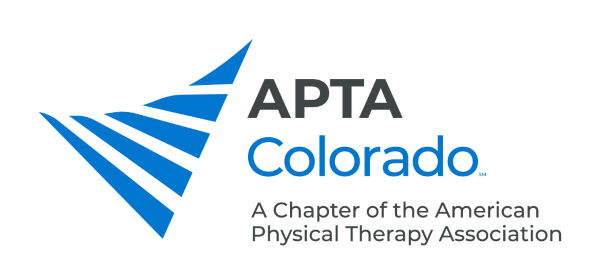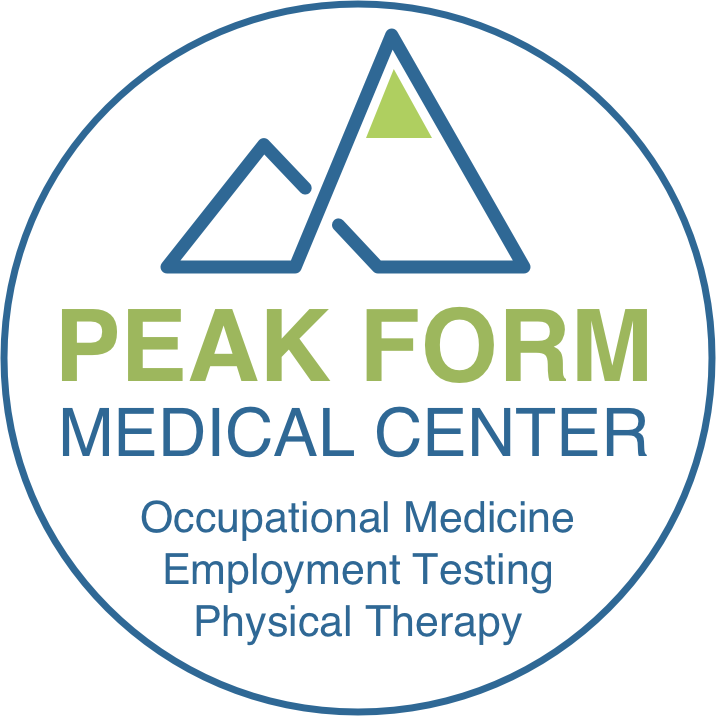Medicare to Look More Closely at Antipsychotic Use in Nursing HomesMedPage Today | By Joyce Frieden WASHINGTON -- The Centers for Medicare & Medicaid Services (CMS) announced actions on Wednesday that would put greater scrutiny on antipsychotic prescribing in nursing homes as well as let consumers know about citations the homes are disputing. "President Biden issued a call to action to improve the quality of America's nursing homes, and HHS is taking action so that seniors, people with disabilities, and others living in nursing homes receive the highest quality care," HHS Secretary Xavier Becerra said in a press releaseopens in a new tab or window. "No nursing home resident should be improperly diagnosed with schizophrenia or given an inappropriate antipsychotic. The steps we are taking today will help prevent these errors and give families peace of mind." CMS said that beginning this month, it will "conduct targeted, off-site audits to determine whether nursing homes are accurately assessing and coding individuals with a schizophrenia diagnosis. Nursing home residents erroneously diagnosed with schizophrenia are at risk of poor care and prescribed inappropriate antipsychotic medications," which are "especially dangerous" to nursing home residents because the side effects can be devastating, and can even lead to death. Chris Laxton, executive director of AMDA -- The Society for Post-Acute and Long-Term Care Medicine, an association of nursing home medical directors, told MedPage Today that while his group has "always supported accountability around the appropriate use of antipsychotic medications," capturing overall antipsychotic use is a crude measure of appropriate care. "We know that no two facilities are alike in terms of their patient population," Laxton said. "Some may have a greater need for appropriate antipsychotic prescribing." He added that there "are patients with dementia and psychosis for whom antipsychotics are helpful and not categorized as inappropriate." He also warned that facilities may become hesitant to take patients with legitimate diagnoses and need for antipsychotics because it will make their overall rate go up and cause increased scrutiny. "There's certainly a question about inappropriate diagnoses of schizophrenia and antipsychotic prescribing," Laxton said. "On the other hand, we need measures that don't create a situation where nursing homes refuse to accept patients or where diagnoses are driven by a desire not to be penalized." David Gifford, MD, MPH, chief medical officer of the American Health Care Association/National Center for Assisted Living (AHCA/NCAL), said in a statement that antipsychotic use in nursing homes has fallen by 40% over the last decade, and noted: "In many cases, physicians not directly affiliated with the long-term care facility are diagnosing patients and prescribing these medications." |


